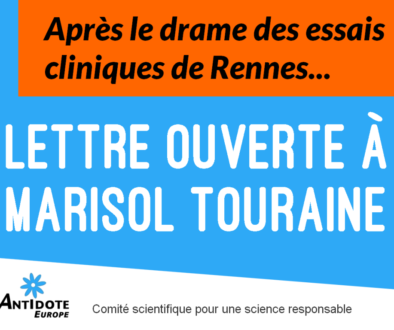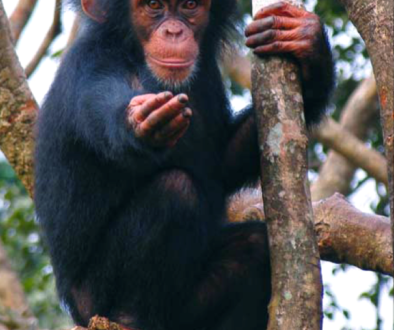Making a molehill out of the Bisphenol A mountain
Antidote Europe has criticised the French government for taking very timid measures to ban the synthetic chemical bisphenol A (BPA). It makes no sense to protect nursing infants by banning the substance in baby bottles when their mothers are exposed to it on a daily basis — not to mention the effect on the foetuses of pregnant women.
The NGO Antidote Europe has criticised the French government for taking very timid measures to ban the synthetic chemical bisphenol A (BPA).
The French senate voted on March 24th this year for a ban on BPA in baby bottles at the behest of parliamentarian Gerard Bapt. Whilst this measure acknowledges the risk of this chemical to human health, it does not go nearly far enough, since it would benefit only a tiny proportion of the population. It also makes no sense to protect nursing infants by banning the substance in baby bottles when their mothers are exposed to it on a daily basis, not to mention the effect on the foetuses of pregnant women.
It would make a lot more sense, say the scientists at Antidote Europe, to follow Denmark’s lead, which has introduced a ban on BPA in all food contact material for children under three years of age.
Even in the US, there are now calls for BPA to be banned across the board, and not just for young children.
It is disappointing that the authorities have been so slow to respond in protecting public health from the known effects of this chemical, which include abnormal sexual development. Six years have already passed since Antidote Europe investigated the effects of BPA on human cells, in which early signs of disease could be seen. It is time to take affirmative action for the sake of our health, says Antidote Europe.
CONTACT
André Ménache
Mob: (0790) 644-6889


